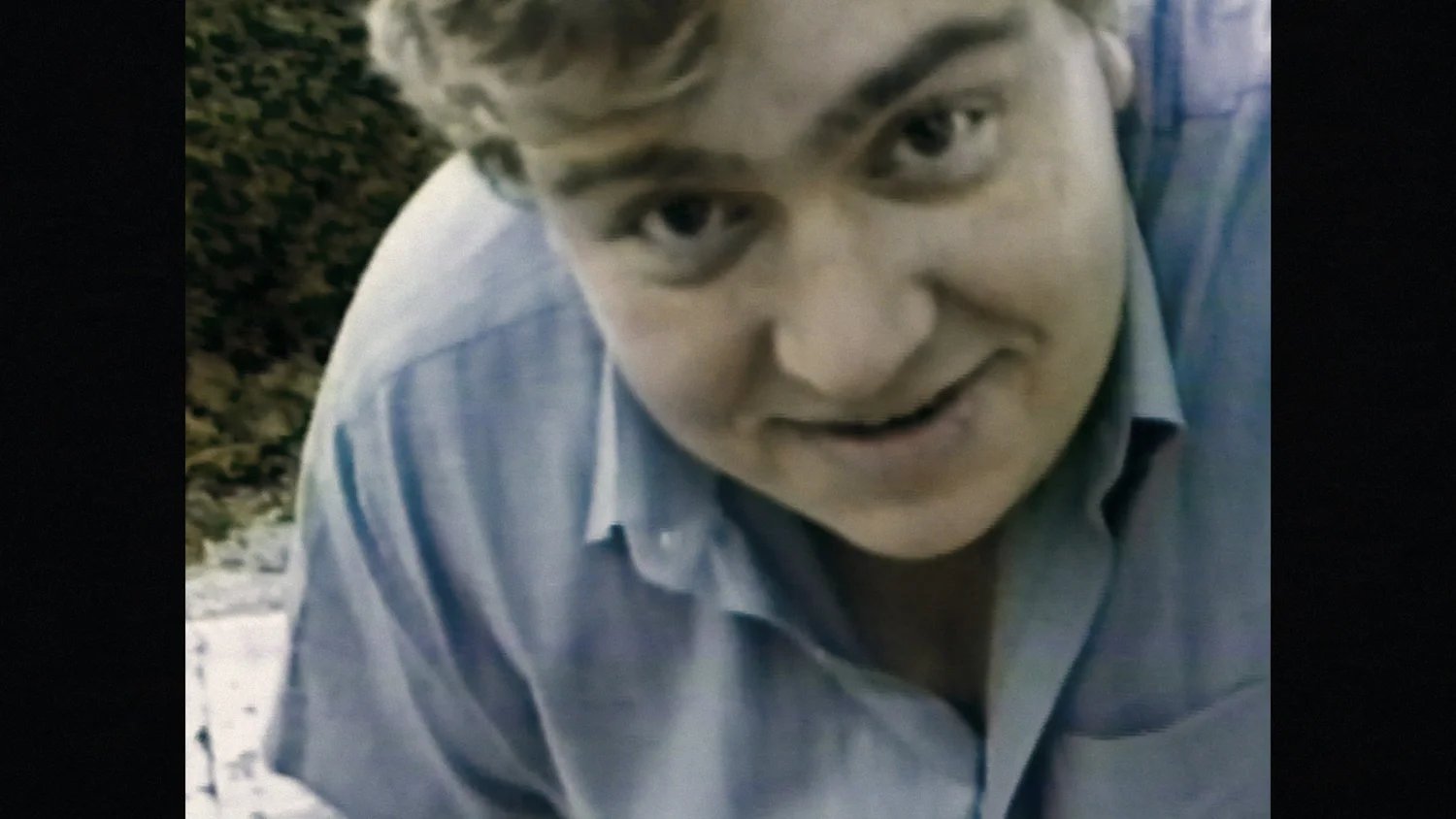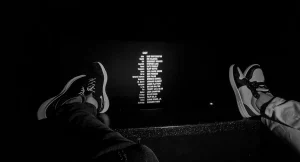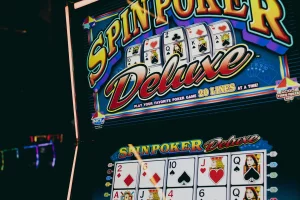Image: Amazon Prime Video
JOHN CANDY: I LIKE ME— 5 STARS
Watching the new Amazon Prime documentary John Candy: I Like Me brings to mind author and poet Maya Angelou’s oft-quoted reflection on a person’s impact after death: “People will forget what you said, people will forget what you did, but people will never forget how you made them feel.” That third part is the kicker—and an important reminder of how best to use one’s time and interactions in life. What’s especially impressive is that all three parts of Angelou’s adage ring true for the late Canadian actor, who died in 1994 at the far-too-young age of 43. Few people have accomplished that for so many, but John Candy is one of them, and this documentary cements that legacy for lasting posterity.
John Candy: I Like Me opens with the beloved Bill Murray, Candy’s Second City castmate and former roommate, sitting down for his interview—one of only two conducted personally (the other being Dan Aykroyd) by producer and current titleholder for the world’s most beloved Canadian (coughing Ryan Gosling), Ryan Reynolds. The 75-year-old Murray jokingly requests that someone on the documentary team try to find legitimate dirt on John Candy. He knows there won’t be any, and not even a wink is needed to convey that confidence as he begins to reminisce about his late friend.
After Murray perfectly balances humor with quivering gratitude, John Candy: I Like Me begins at the end: the public memorial service for Candy held at St. Basil’s Church in Toronto. The recovered and digitized footage is spliced together with other material by the documentary’s editors—led by Deadpool & Wolverine and Saturday Night editor Shane Reid and supported by Tiger King’s Darrin Roberts. Through the visual flow, the endearing words of Dan Aykroyd’s eulogy resonate. If one were to translate Maya Angelou’s axiom further, it might sound like, “You’re only as good as what people say about you at your funeral.” If that’s the case, John Candy deserves placement among the holiest saints.
LESSON #1: REMEMBERING WHAT YOU SAID— It would be easy for John Candy: I Like Me, the third documentary directed by actor Colin Hanks, to stroll chronologically through Candy’s “greatest hits.” He has plenty to choose from, and enough time has passed that a clip show of memorable lines, scenes, and gags from his crowd-pleasers would bring the house down and send everyone home smiling. Those seeking a mini-vacation back to the old days—with a series of “I remember that” grins—will get one. Hanks charts a logical course through Candy’s career but never dwells too long on one project or moves like he’s checking required boxes to fill two hours.
The film’s energy comes from how Candy’s co-stars and collaborators talk about him. Leaning heavily on his old SCTV mates Eugene Levy, Dave Thomas, Catherine O’Hara, Dan Aykroyd, and the continuing Murray, no one is reading from an encyclopedia entry or reciting a biography. This circle of talent speaks about living those moments and what it was like to collaborate beyond when the cameras were rolling. Their asides and memories help frame a fuller picture of John Candy’s mindset and spirit.
While the “greatest hits” play throughout John Candy: I Like Me, the matched testimonials reveal how his personality and personal history percolated through every role. Spaceballs director Mel Brooks drops the perfect line: “He was a total actor because he was a total person.” No example illustrates this better than Steve Martin’s revelation of what was happening beneath Candy’s half of the epic rant in Planes, Trains, and Automobiles, which inspired the film’s subtitle. These heartfelt disclosures continue through the actor’s later career, with chapters featuring Tom Hanks and Macaulay Culkin.
LESSON #2: REMEMBERING WHAT YOU DID— With each story, the documentary guests describe Candy’s people-pleasing actions, outward confidence, and supportive stage presence, all cultivated by his improv training. Even when he wasn’t the center of attention, his efforts ensured everyone else looked strong and shared in the success. Bolstered by a vast archive of photographs, family footage, and endearing stories from Candy’s surviving children, Chris and Jennifer, John Candy: I Like Me overflows with examples—both personal and professional—of a man who cared deeply for others, often at the expense of his own well-being. That tireless, selfless nature may have contributed to his struggles with health, substance use, and mental health.
LESSON #3: REMEMBERING HOW YOU MADE PEOPLE FEEL— All the words and actions shared in John Candy: I Like Me build toward Angelou’s third truth: how someone made others feel. The on-screen, cuddly, and funny TV and movie memories are easy to recall, but the documentary goes deeper. The first layer comes from hearing the lifelong bonds forged through genuine quality time. Macaulay Culkin and Catherine O’Hara, in particular, echo Candy’s children and other peers to devastating emotional effect, recalling connections that had little to do with his performances and more as a friend and father. By the end, O’Hara’s eulogy bookends Aykroyd’s, multiplying the sentiment.
These reflections shed new light that, in turn, draw your tears next to your chuckles. More importantly, absorbing these details in John Candy: I Like Me changes how you’ll see Candy the next time you revisit one of his films—and every time after that. Whatever fond memories you had of him are deepened and enriched by this cathartic film, now that you know more about the man behind the laughter. That’s a profound effect for a viewer and a rare achievement for any documentary. Only the best ones earn their lionization and admiration, and this is surely one of them.
LOGO DESIGNED BY MEENTS ILLUSTRATED (#1342)



